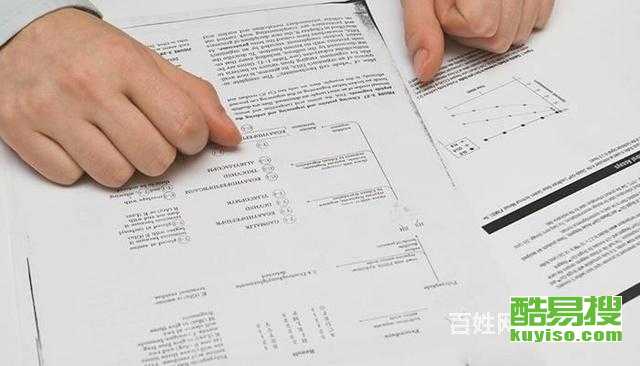Translation of English Scientific Papers
Translating scientific papers from English into other languages plays a crucial role in the dissemination of knowledge and research findings across the globe. It allows researchers, academics, and professionals from different linguistic backgrounds to access and understand the latest developments in various fields of science and technology. However, translating scientific papers requires not only language proficiency but also a deep understanding of the subject matter and specialized terminology used in the particular scientific domain.
Translating scientific papers presents several challenges due to the technical nature of the content. Some of the common challenges include:

- Complex Terminology: Scientific papers often contain specialized terminology and jargon specific to the field, making it crucial for translators to have expertise in that subject area.
- Clarity and Accuracy: Maintaining the accuracy and clarity of the original text while ensuring that the translation is grammatically correct and coherent can be challenging.
- Cultural Nuances: Scientific papers may include cultural references or nuances that need to be adapted appropriately in the target language to ensure understanding among readers.
- Consistency: Ensuring consistency in terminology and style throughout the translation is essential for the coherence of the final document.
- Timeliness: Translating scientific papers within tight deadlines without compromising on quality requires efficient project management and linguistic skills.
To ensure highquality translations of scientific papers, translators can follow these best practices:
- Subject Matter Expertise: Translators should have a strong background in the specific scientific field to accurately understand and translate the technical content.
- Use of Technology: Leveraging translation tools and software can aid in maintaining consistency, managing terminology, and improving efficiency in the translation process.
- Collaboration: Collaborating with subject matter experts, researchers, or authors of the original paper can help clarify any ambiguities and ensure accuracy in translation.
- Proofreading and Editing: Thorough proofreading and editing by skilled linguists can help refine the translation and eliminate errors or inconsistencies.
- Continuous Learning: Keeping abreast of developments in the scientific field and ongoing language training can enhance the translator's abilities to handle complex scientific content.
Effective translation of scientific papers is essential for the global exchange of knowledge and advancements in science and technology. Translators specializing in scientific translations need to combine linguistic proficiency with subject matter expertise to produce accurate and clear translations that uphold the integrity of the original research. By following best practices and staying updated on industry trends, translators can contribute significantly to the dissemination of scientific knowledge on a global scale.
